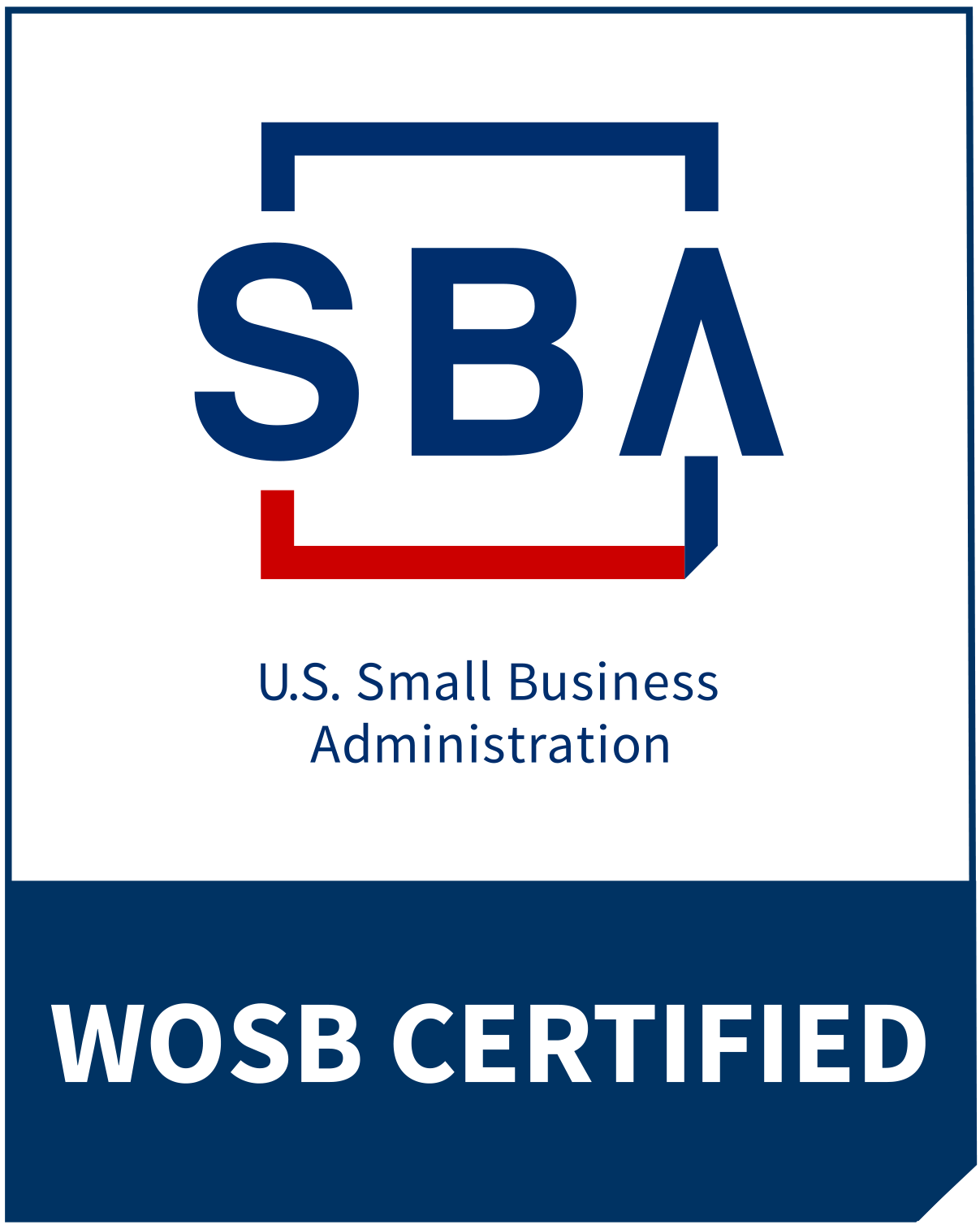Every November 11, we honor the veterans of the United States Armed Forces and express our gratitude for their service and sacrifice. It’s past time we also acknowledge the challenges too many veterans face in getting basic needs met, such as access to quality food and nutrition.
Of the 16.5 million veterans in the country today, 1.2 million use SNAP to afford their groceries, and more are eligible but don’t participate. 1 in 6 military and veteran families experienced food insecurity in 2022, and 24% of active duty members of the armed forces were food insecure in 2020.
According to a 2021 USDA report, the risk of food insecurity is 7.4% higher among veterans than non-veterans. That risk is even higher for veterans who are women, non-white, or housing insecure. Veterans with significant mental health issues are 10 times more likely to be food insecure.
Why are veterans so vulnerable to food insecurity? A range of factors are typically cited. Veterans may have difficulty finding employment and adequate housing in the transition to civilian life. They may also have physical or mental health issues as a result of their service that create additional challenges. Pride and the stigma of receiving social services contribute to a cultural reluctance to seek out support.
But the cost is high. Food insecurity ripples through a person’s life, causing or exacerbating health challenges and substance use disorders. The inability to afford food can force trade offs when it comes to paying for medicines, training programs, housing, and utilities. Food insecurity can also be demoralizing and lead to depression and social isolation.
In 2022, the White House National Strategy on Hunger, Nutrition, and Health proposed the establishment of an Office of Food Security in the VA Health Administration, and there are a variety of efforts in place to help enroll veterans in social programs like SNAP. But overall, not enough is being done to address this tragic social need.
How many veterans could we lift out of homelessness, chronic illness, mental health issues, and substance abuse disorders if we identified and targeted their health related social needs? At NourishedRx we focus on the most vulnerable populations suffering diet-related chronic disease and have experienced the impact nutritious food deliveries accompanied with coaching and education has on sustaining healthier lifestyles and improving overall well-being. We owe our veterans more gratitude than a day of acknowledgement. Let’s focus on the kind of appreciation that could make a lasting change in the lives of the many veterans who need our support.
This self-screening test can help veterans in need of access to quality nutritious food find support. The following resources might also help you or a veteran you know in need:






